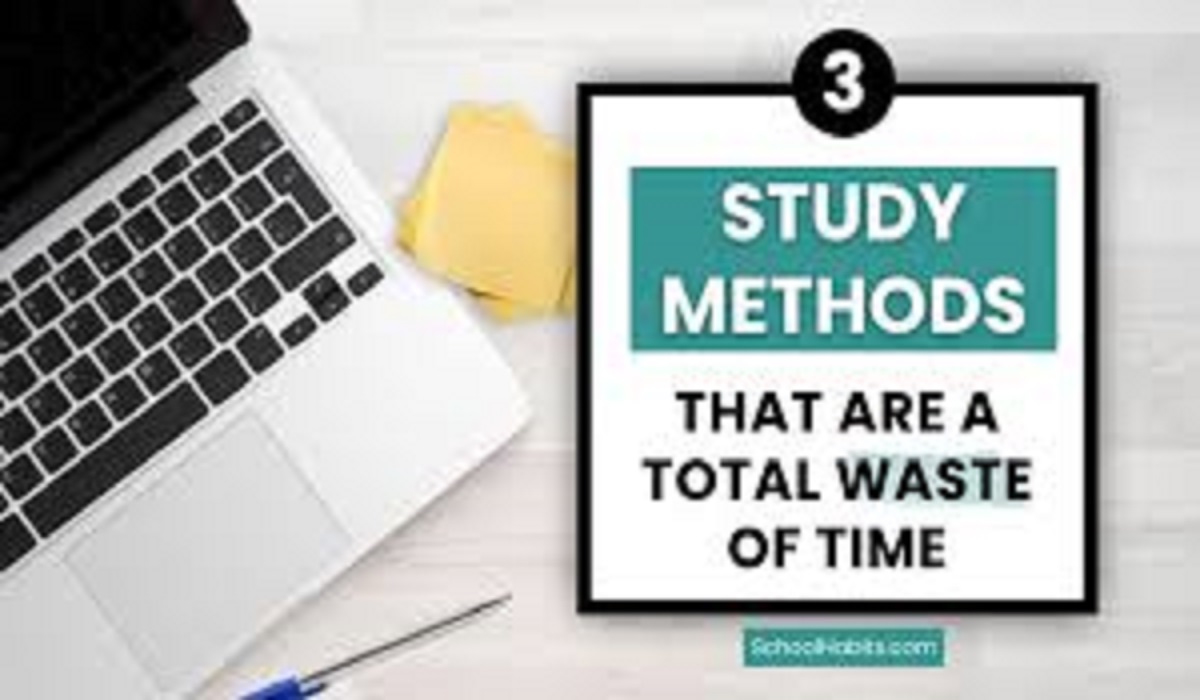Why Your Current Study Method Could Be Wrong
Why Your Current Study Method Could Be Wrong: Are you spending hours studying but still not seeing the results you want? You might be making a critical mistake in your learning approach. Many students and lifelong learners rely on outdated or ineffective study techniques, unknowingly sabotaging their progress. In this comprehensive guide, we’ll explore why your current study method could be wrong, what science says about effective learning, and how to optimize your study sessions for maximum retention and success.
Whether you’re a student preparing for exams, a professional upskilling, or a teacher guiding learners, understanding the best study strategies can make all the difference. Let’s dive in!
The Science of Learning: How Your Brain Retains Information
Before fixing your study habits, it’s essential to understand how memory works. Cognitive science reveals that learning isn’t just about exposure to information—it’s about encoding, storing, and retrieving knowledge effectively.
Key Findings from Cognitive Psychology:
- The Forgetting Curve (Ebbinghaus): We forget up to 70% of new information within 24 hours if not reviewed.
- Spaced Repetition: Revisiting material at increasing intervals strengthens long-term memory.
- Active Recall: Testing yourself boosts retention more than passive review.
Common Study Mistakes You Might Be Making
Many learners rely on techniques that feel productive but are scientifically proven to be inefficient. Here are the biggest culprits:
1: Mistake: Passive Rereading
- Simply rereading notes or textbooks creates illusions of competence—you recognize the material but can’t recall it independently.
2: Mistake: Excessive Highlighting
- Highlighting can trick you into thinking you’re engaging with the material, but it doesn’t improve understanding or retention.
3: Mistake: Cramming Before Exams
- Last-minute studying leads to short-term memory retention, not deep learning.
4: Mistake: Multitasking While Studying
- Switching between tasks (e.g., texting + studying) reduces focus and information absorption.
Why Rereading and Highlighting Don’t Work?
Research from Psychological Science in the Public Interest shows that passive review methods like rereading and highlighting are among the least effective study strategies.
What Works Instead?
✅ Active Recall: Quiz yourself without looking at notes.
✅ Spaced Repetition: Use tools like Anki or Quizlet to review material over time.
✅ Interleaving: Mix different topics in one session to improve problem-solving skills.
The Power of Active Recall and Spaced Repetition
Active Recall:
- Forces your brain to retrieve information, strengthening neural pathways.
- Example: Close your book and write down everything you remember.
Spaced Repetition:
- Revisit material just before you’re about to forget it.
- Apps like Anki automate this process for optimal retention.
How to Build an Effective Study Routine?
1: Set Clear Goals
- Define what you need to learn (e.g., “Master calculus integrals by Friday”).
2: Use the Pomodoro Technique
- Study for 25 minutes, then take a 5-minute break.
3: Teach What You Learn
- Explaining concepts aloud (or to a study partner) reinforces understanding.
The Role of Sleep and Nutrition in Learning
- Sleep: Critical for memory consolidation—aim for 7-9 hours per night.
- Nutrition: Omega-3s (fish, nuts) and antioxidants (berries) support brain function.
Technology & Studying: Helpful or Harmful?
- Helpful: Apps like Notion, Anki, and Forest (for focus).
- Harmful: Social media and constant notifications disrupt deep work.
Personalizing Your Study Method for Better Results
- Visual learners: Use mind maps and diagrams.
- Auditory learners: Record lectures or use text-to-speech tools.
- Kinesthetic learners: Incorporate movement (e.g., walking while reviewing notes).
Case Studies: Students Who Transformed Their Learning
- Medical student case: Improved exam scores by 30% using active recall.
- Language learner: Achieved fluency in 6 months with spaced repetition.
Final Tips to Study Smarter, Not Harder
✔ Test yourself frequently.
✔ Space out study sessions.
✔ Eliminate distractions (try focus apps).
✔ Get enough sleep and stay hydrated.
FAQs About Study Methods
1. Is cramming ever effective?
- Only for very short-term recall, but it leads to quick forgetting. Spaced learning is far superior.
2. How long should study sessions be?
- 25-50 minutes with short breaks (Pomodoro Technique) is ideal for most people.
3. Does highlighting help at all?
- Minimal benefit—active recall is 10x more effective.
4. Can I study effectively with music?
- Instrumental music (no lyrics) can help some, but silence or white noise is best for deep focus.
5. How do I know if my study method is working?
- Test yourself a day or week later—if you can recall and apply the knowledge, it’s working!
Conclusion
If your current study method relies on passive review, cramming, or multitasking, you’re likely wasting time. Science-backed techniques like active recall, spaced repetition, and interleaving can dramatically improve retention and performance.
At TeacherEducator.com, we’re committed to helping students, teachers, and professionals optimize their learning strategies. Try these methods today and see the difference!
What’s your biggest struggle with studying? Let us know in the comments!
